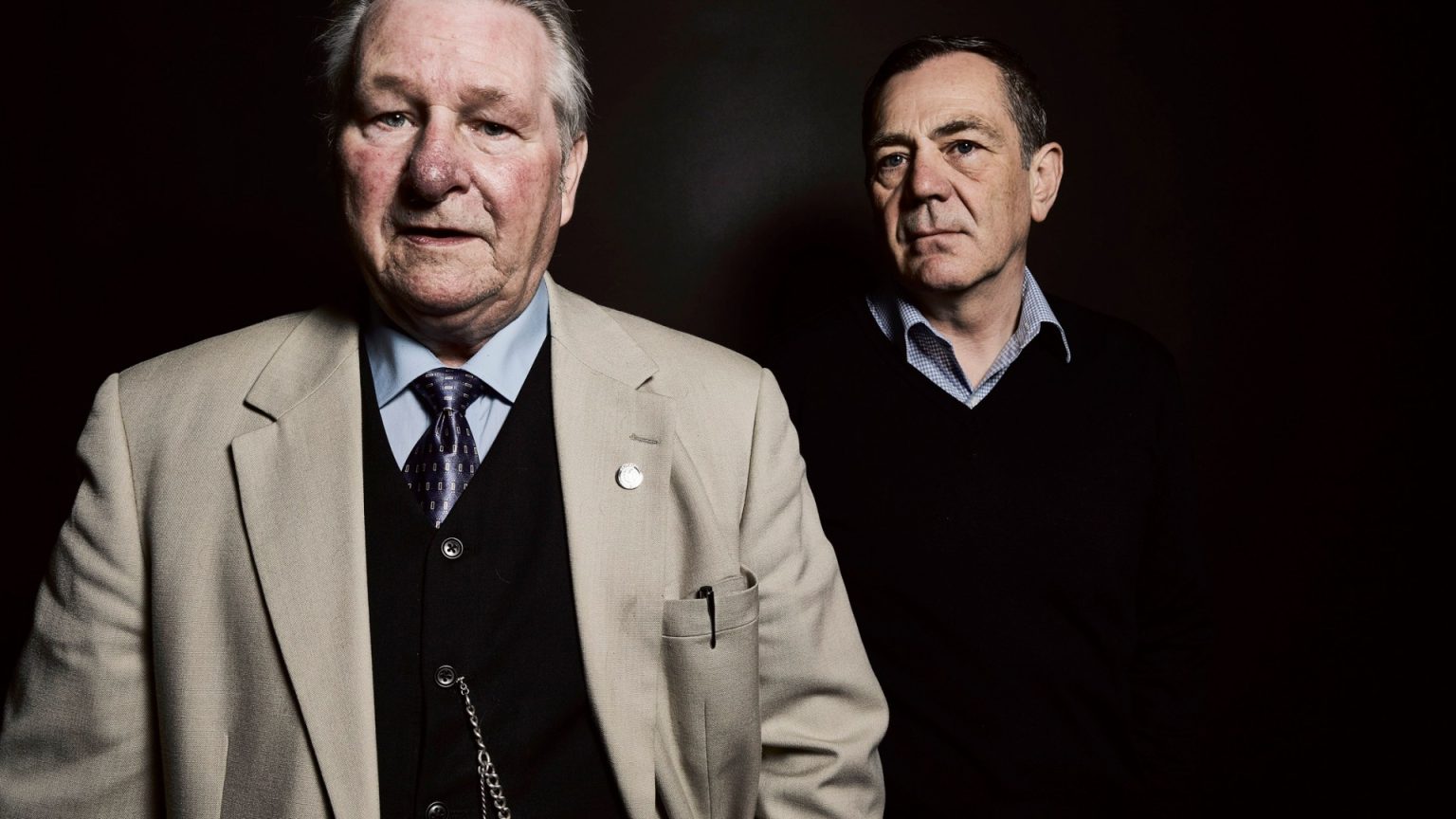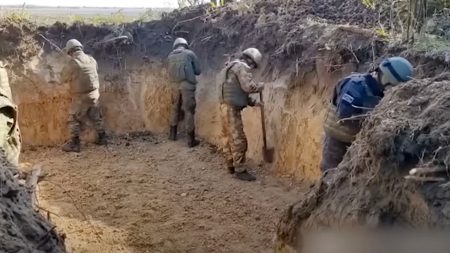The unsolved murder of 13-year-old paperboy Carl Bridgewater in 1978 at Yew Tree Farm, Stourbridge, continues to haunt Britain. While four men were initially convicted, their convictions were overturned due to fabricated evidence, leaving the case cold for decades. Bert Spencer, convicted of a similar murder a year later, has remained a prime suspect. Criminologist David Wilson, after extensive interviews with Spencer for a Channel 4 documentary, believes there are compelling reasons to reopen the case. Spencer, however, vehemently denies any involvement.
Wilson’s documentary explored the “eerie similarities” between the Bridgewater murder and the murder of farmer Hubert Wilkes, for which Spencer served 15 years. Wilson highlighted Spencer’s “huge narcissism” and ability to “switch on and off emotionally”, traits he observed during their interviews. Wilson’s wife, Janet, also expressed her suspicion of Spencer’s involvement in the Bridgewater case, emphasizing the need for Staffordshire Police to reopen the investigation. The documentary revealed previously unknown connections, including a witness placing a car similar to Spencer’s at the farm around the time of the murder and the driver wearing a uniform, a detail mirroring Spencer’s past employment.
Spencer’s participation in the documentary stemmed from the anticipation of fresh evidence being revealed by author Simon Golding, who penned “Scapegoat for Murder – the truth about the killing of Carl Bridgewater”. Golding planned to unveil new information in a sequel, intending to exonerate Spencer. Ironically, the book, along with the documentary, only intensified public scrutiny of Spencer. He claimed the program would “cause untold misery” and maintains his innocence. The renewed focus on the case led to public discussion and renewed calls for justice for Carl Bridgewater and his family.
Wilson, expressing disappointment that Staffordshire Police did not question Spencer after the documentary aired, believes the information presented provided sufficient grounds for further investigation. He highlighted the significance of changing alliances and the re-evaluation of previously dismissed witnesses in cold cases, suggesting this could be the key to solving the Bridgewater murder. Wilson also acknowledged the possibility of another perpetrator, emphasizing the puzzling nature of the unsolved case despite existing witnesses and the striking similarity to Spencer’s prior conviction.
The documentary reignited interest in the case, prompting discussions about potential leads and the need for closure. While forensic advancements often play a role in solving cold cases, Wilson pointed out the importance of evolving relationships and witness testimonies. The lack of police action following the documentary remains a source of frustration for those seeking justice for Carl. The case, marked by a wrongful conviction and lingering questions surrounding Spencer’s involvement, underscores the complexities of cold case investigations.
Adding another layer to the story is the legal battle surrounding Golding’s book, “Scapegoat for Murder.” Spencer collaborated with Golding during his incarceration, providing manuscripts and agreeing to donate his share of the profits to charity. However, a dispute arose regarding a verbal agreement concerning the book’s proceeds, with Spencer claiming Golding owes him £5,000. This legal wrangling further complicates the narrative surrounding the Bridgewater case, highlighting the ongoing controversies and unanswered questions that continue to plague the search for truth and justice.











